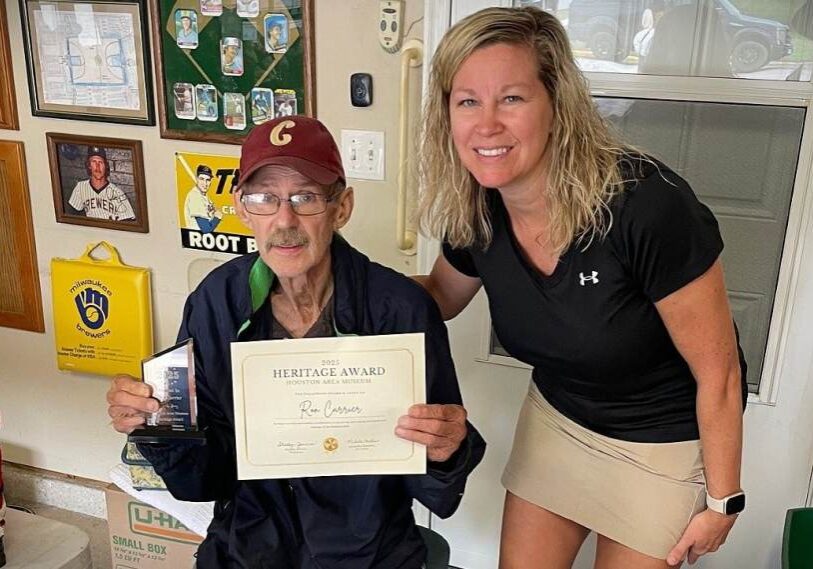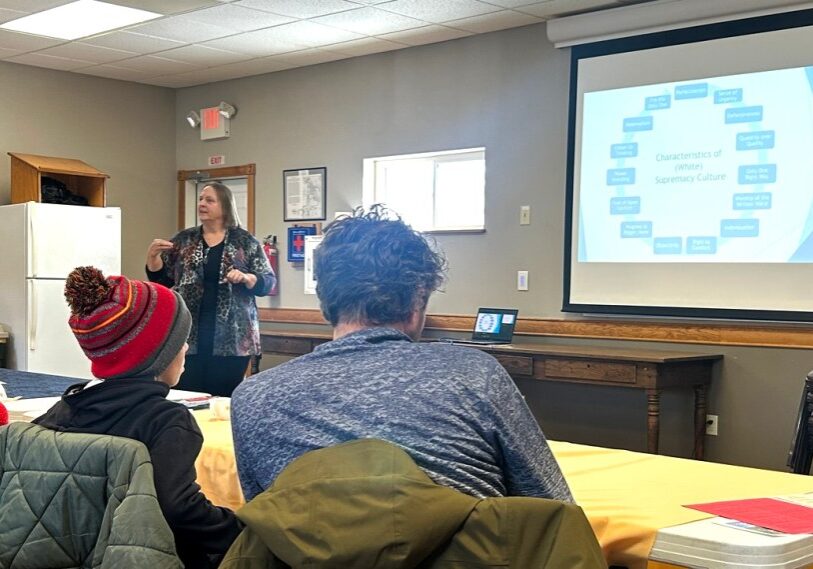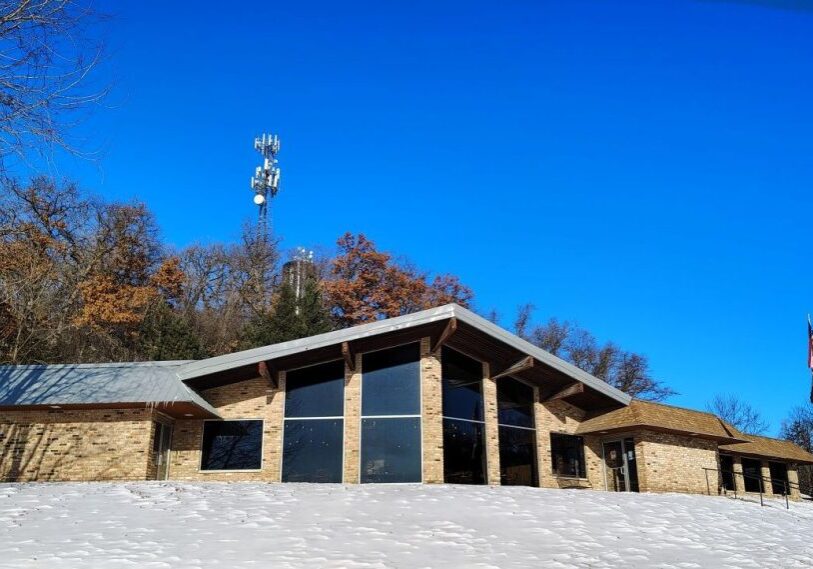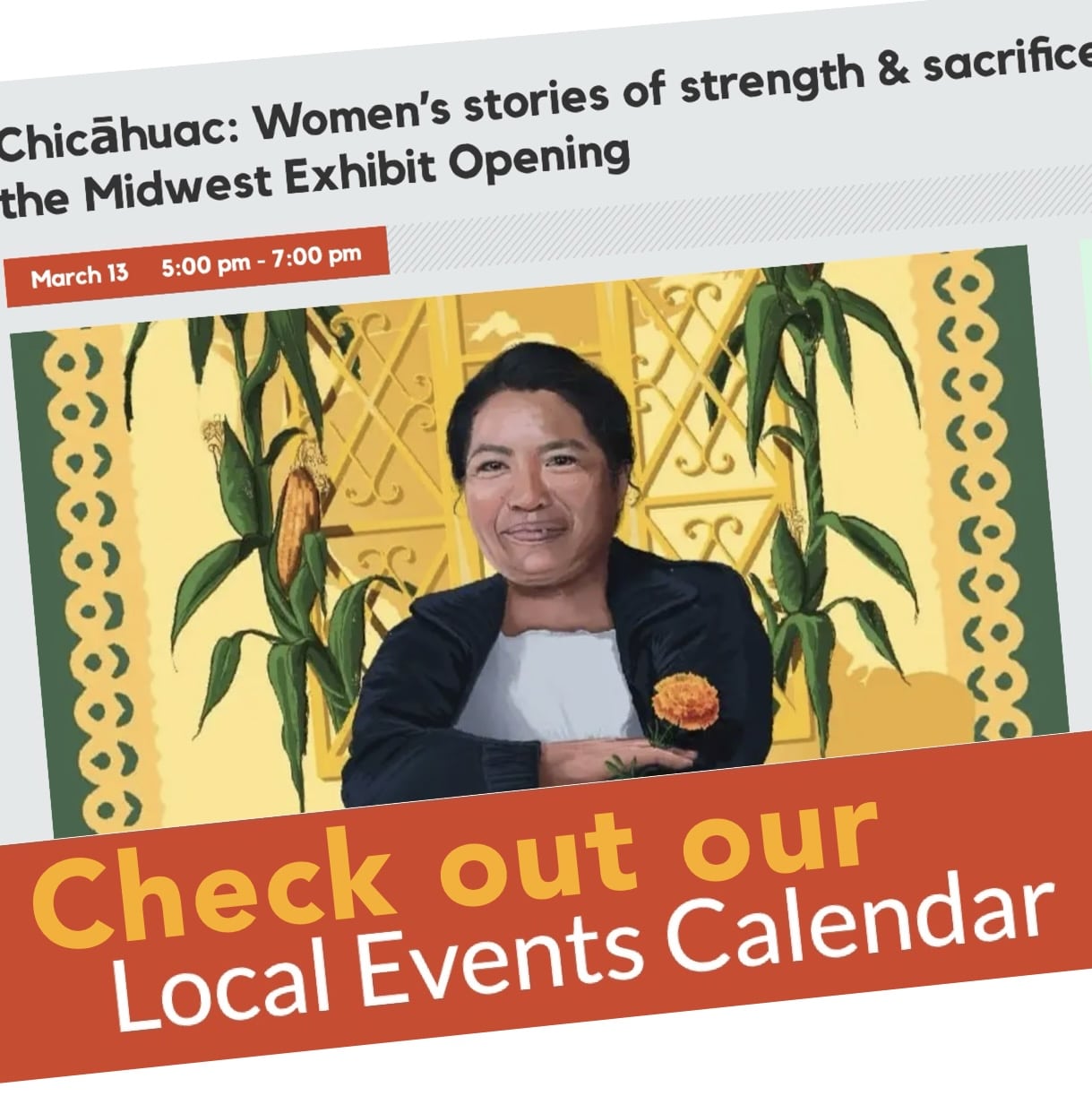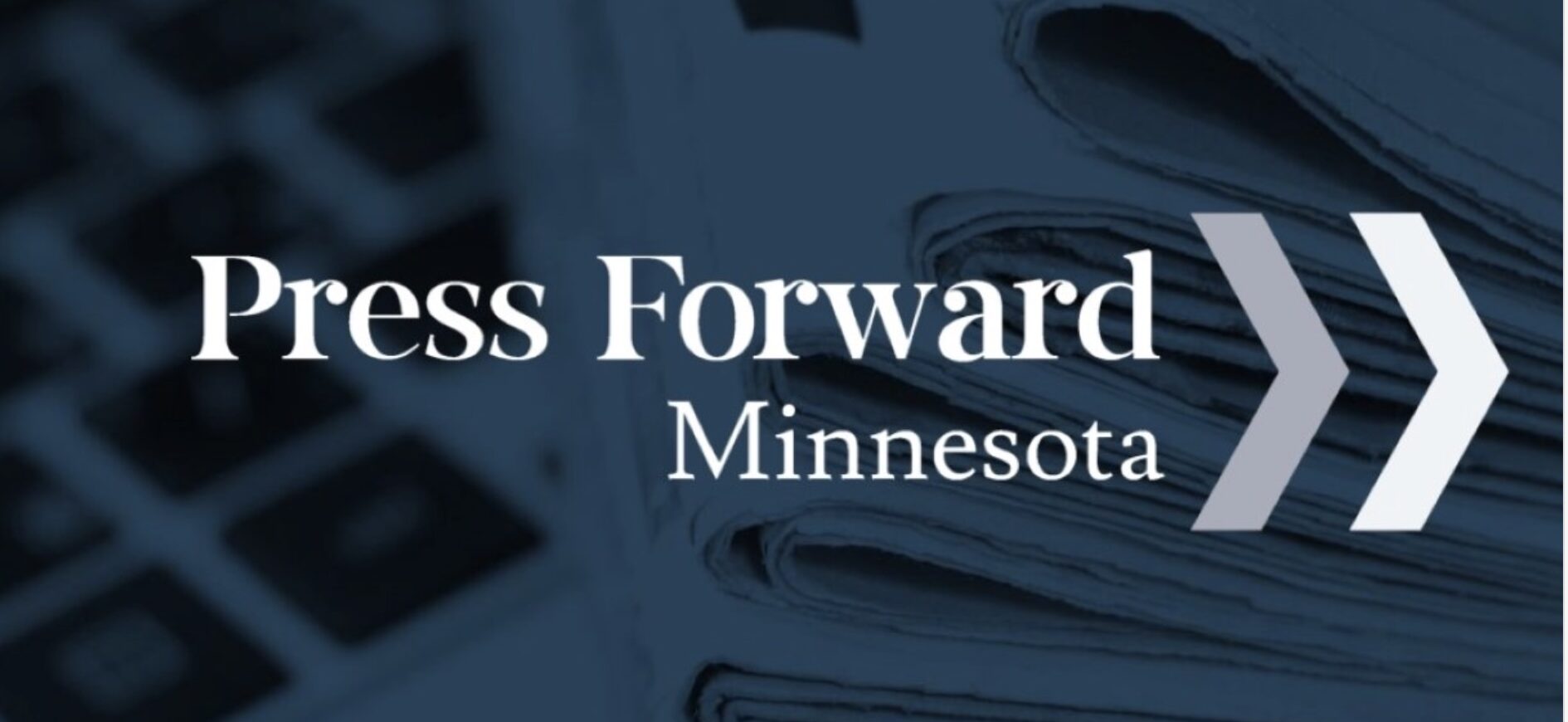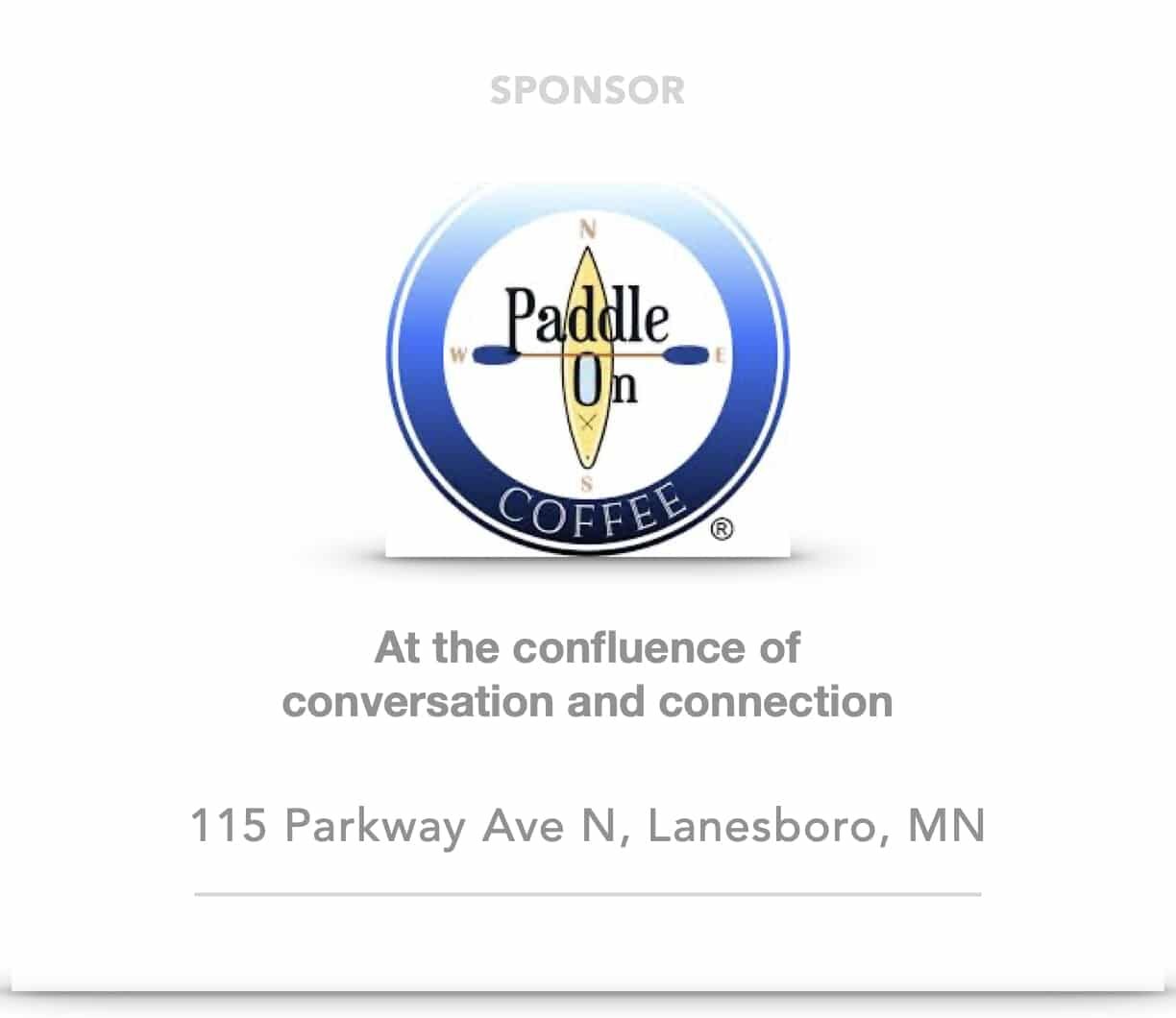Libraries United: The Purpose and Power of SELCO

ROOT RIVER VALLEY — In this third of three stories about our local public libraries, an introduction to SELCO, Southeastern Libraries Cooperating. (You can read the first two articles by Steve Harris here: Article 1: Are Libraries at a Cultural Crossroads? Article 2: Root River Libraries: Today’s Challenges)
- You live in Rushford. You want to borrow a library book but it’s only located in Moorhead. You can do that—because of SELCO.
- Your home town small-town library has a respectable inventory of nearly 4,000 books and other items. You actually have access to more than 13.5 million books and items—because of SELCO.
- Your local library staff and volunteers get continuing education and support—because of SELCO.
To know the libraries of the Root River region, you have to know about SELCO. To learn more about what it is and what it does, Root River Current (RRC) recently interviewed Krista Ross, SELCO’s Executive Director. Born in Des Moines and a graduate of the University of Iowa with degrees in political science and library science, Krista has served in that position since 2017. Here is our interview (edited for space).
RRC: Krista, do you remember your first childhood library?
Krista: I certainly do. I was an early and voracious reader in elementary school. The first library I went to was in Clinton, Iowa, a Carnegie library, I believe. I got to go back as an adult and wandered around, my mouth probably hanging open as I took in all the memories. The librarian looked at me and said, “Oh, a nostalgia visit!” It definitely was!
RRC: What is SELCO?
Krista: Southeastern Libraries Cooperating is a regional public library system that provides services to 36 member libraries in 11 southeastern counties of Minnesota. It is one of a dozen similar library systems in our state with a statutory purpose to strengthen, improve and promote public library services.
RRC: What is SELCO’s annual budget and how is it funded?
Krista: Our budget of approximately $3-millon dollars comes primarily from the Minnesota Arts and Cultural Heritage Fund from the Legacy Amendment, a fabulous program that not all states have. Our primary funding source is Regional Library Basic System Support (RLBSS). We do administer Library Legacy funding which is from the MN Arts and Cultural Heritage fund. Member libraries also provide support. Our main office in Rochester employs 18 people.

Krista Ross is SELCO’s Executive Director. She oversees a budget of approximately $3 million and a staff of 18. SELCO serves 36 member libraries in 11 southeastern Minnesota counties. (Photo courtesy of SELCO)
RRC: What services does SELCO provide?
Krista: We support resource sharing through the administration of an integrated library system. Our computerized catalog and check-out system, and our physical delivery capabilities, allow inter-library loans region-wide. We facilitate the loaning of materials statewide.
We use Legacy funding to provide programs to our member libraries. SELCO also coordinates continuing education and professional development for the staff and volunteers of our member libraries.
RRC: What are examples of program support you provide public libraries?
Krista: We offer a menu of various vetted programs and performers from which libraries can choose. An author tour is one example; there are many others. We negotiate with the presenters and handle financial arrangements.
We also offer a competitive grant program for art and history projects.
RRC: What are the biggest challenges facing small-town libraries today?
Krista: Funding is a huge challenge. That’s been true throughout the history of libraries and probably always will be. More recently, costs have gone up but the ability of our funders to keep pace has not. There are always more needs and demands than a library can meet. It forces them to be strategic about what they do and how they do it.
RRC: Why are libraries important in a small town?
Krista: Libraries do so much, but sometimes what they do goes under the radar. Obviously they fulfill their core mission by providing equitable access to information to everyone, through books, physical materials, and the digital world of the Internet. But public libraries are also part of the critical infrastructure in rural towns. A public library serves as an anchor for the community. It’s a place where people come together. It’s often a curator of community history. Libraries welcome and connect people of different ages and backgrounds. Some small towns may not have a local café or welcoming safe places where people can have conversations. Libraries provide that.
I’ve heard people say that if they’re thinking about moving to a new town, they check to see if it has a library. There are many good reasons for that. Studies show that a rural town with a library is stronger and more vibrant than those that do not have a library.

RRC: Our world and communities are changing. How are libraries changing?
Krista: Certainly in terms of technology, although the pace of that change seems to have slowed over the last decade. Many libraries today are thinking “beyond books.” We’re hearing more about access to a “library of things” where patrons can borrow practical items kitchen cookware and appliances, sewing machines, household tools, garden equipment, seeds, craft supplies, puzzles and more. One of our SELCO libraries loans out snow shoes! Libraries today are being creative as they seek to meet the needs of their local communities.
“Maker spaces” is another new avenue for libraries, where they provide space and equipment, such as 3-D printers, for makers and tinkerers. It is all about meeting community needs. As Fred Rogers famously said, “look to the helpers.” I think our libraries are wonderful “helpers” in our local communities. People receive help there, or can learn about available help, in all kinds of ways.
RRC: Will our local small-town, rural libraries face current cultural challenges, such as book-banning controversies and the like?
Krista: It’s possible that it could happen here. We haven’t experienced any so far to any major degree. We work with librarians and boards to help them have a process in place to handle those issues and to have those conversations should that be needed. Libraries can be great places to share different philosophies and points of view. We want to be prepared for that.
RRC: Will small-town libraries exist in the Year 2050?
Krista: Yes, I’m optimistic they will. Libraries are resilient. They’ve overcome different challenges over many years. People value their community library. Even people who may not walk into a library or use its services first-hand know many other people who do. Libraries make a positive difference in people’s lives every day. I believe they’ll keep doing that well into the future!
There is more about its mission and work on the SELCO website.

